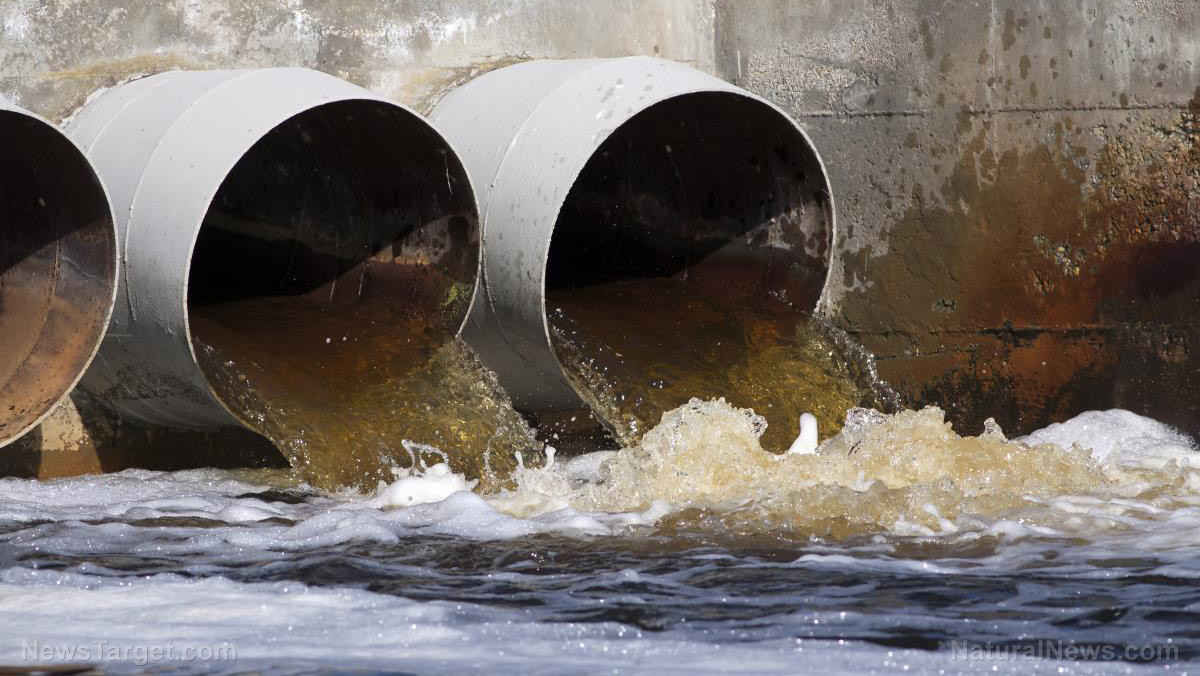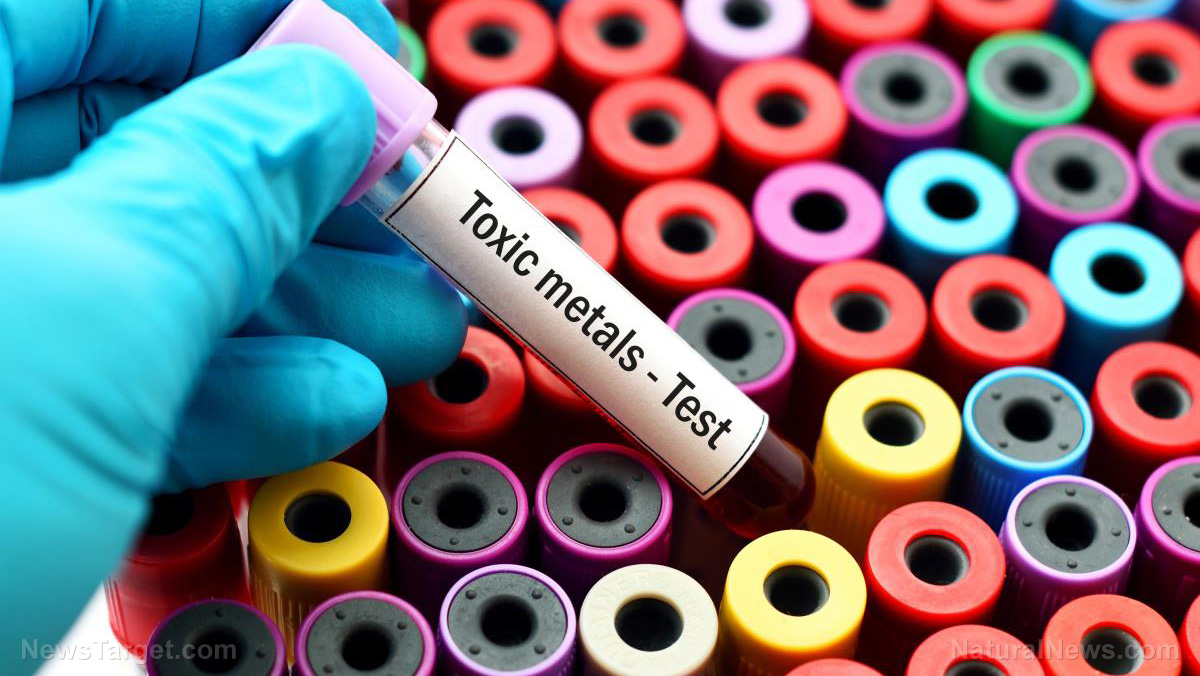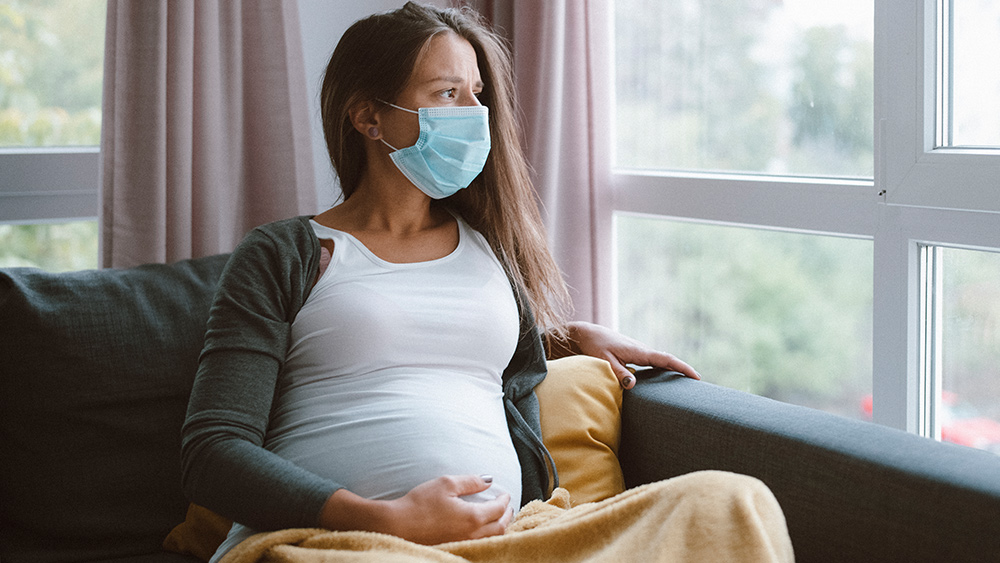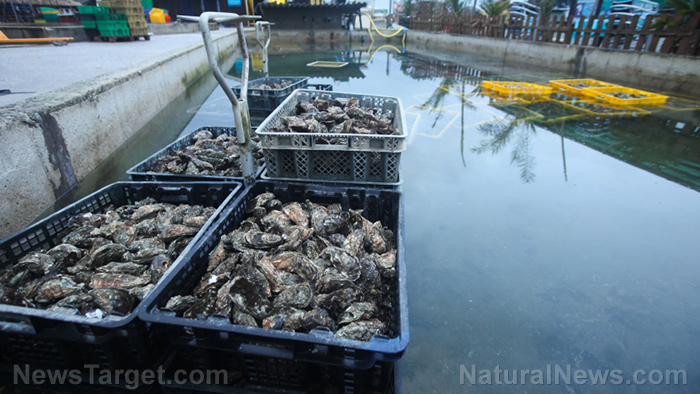EPA continues to ignore link between pesticides and breast cancer
11/23/2022 / By Kevin Hughes

Despite studies clearly linking pesticide exposure to breast cancer, the Environmental Protection Agency (EPA) continues to turn a blind eye on the matter.
A December 2020 study published in Molecular and Cellular Endocrinology revealed that the EPA normally ignores risk profiles whenever they evaluate pesticides for approval. The study authors reviewed the agency’s pesticide registration documents and found that there was no scrutiny on the cancer risk for some pesticides.
The researchers found 28 pesticides linked to mammary tumors, 19 of which were approved by the EPA in spite of evidence of their carcinogenicity. The EPA did not even attempt to explain or defend their decision, they added, as the agency simply gave a stamp of approval to the aforementioned products.
The two authors of the December 2020 paper called on the regulator to re-examine the cancer assessment risks of five pesticides it earlier approved – Malathion, Triclopyr, Atrazine, Propylene oxide and 3-iodo-2-propynyl butylcarbamate. These five commonly used pesticides have long been connected to cancer and other health risks. (Related: Evidence is “overwhelming,” says EPA scientist, that pesticides contribute to cancer risk.)
The study came six decades after scientist and author Rachel Carson published her book “Silent Spring” in 1962. The book prompted the U.S. government that time to put a ban on the pesticide DDT. It also prompted Washington to set up the EPA.
Carson herself succumbed to breast cancer in 1964 at the age of 56, two years after her book was published. In spite of the evidence she laid out in her book regarding pesticides and their connection to various ills, the EPA has chosen to overlook all of it.

Time to hold the EPA accountable
Breast cancer cases continue to increase in large number. Estimates among U.S. women younger than age 40 are also increasing.
According to Children’s Health Defense, many of the pesticides examined in the December 2020 study mimic endocrine disruptors. These, in turn, can affect the development of mammary glands and raise the risk of breast cancer.
In a separate study, the authors of the December 2020 paper discovered almost 300 chemicals – including a lot of pesticides – that cause cells to produce more of the hormones estrogen and progesterone. The two hormones are known risk factors for breast cancer.
While testing has been updated to discover the effects of these chemicals on the reproductive system, the EPA does not mandate such tests when scrutinizing risk assessment for products. This appears to be a classic case of a government agency not doing its job.
When it was first established in 1970, the EPA was tasked with managing the approval and restrictions of pesticides with a view to reducing the influence of Big Agriculture over regulators. Unfortunately, the agency itself was plagued with corruption and partiality to industry interests over the years.
Recent investigations have found the EPA guilty of minimizing or removing hazards in scientific assessments of the safety of pesticides and other chemicals; forgoing toxicity tests; making a culture of intimidation toward staff scientists who raise issues; and oiling a swing door between the agency and the agrochemical industry.
Writing for NaturalHealth365, Stephanie Woods called for the EPA to be held accountable. To achieve this target, she urged for “a complete revamp of the approval process” and the updating of “the agency’s carcinogenicity and reproductive testing guidelines to more efficiently and effectively capture the effects pesticides have on the mammary gland.”
“It is time for a change,” she ultimately remarked. “Enough people have suffered and died because of the EPA’s negligence.”
Pesticides.news has more stories about pesticides and their link to cancer.
Watch the Health Ranger Mike Adams explain why the EPA is an incompetent, corrupt regulatory regime.
This video is from the Health Ranger Report channel on Brighteon.com.
More related stories:
Shocking study reveals EPA ignored scientific proof that Monsanto’s glyphosate may cause CANCER.
Sources include:
Submit a correction >>
Tagged Under:
This article may contain statements that reflect the opinion of the author





















